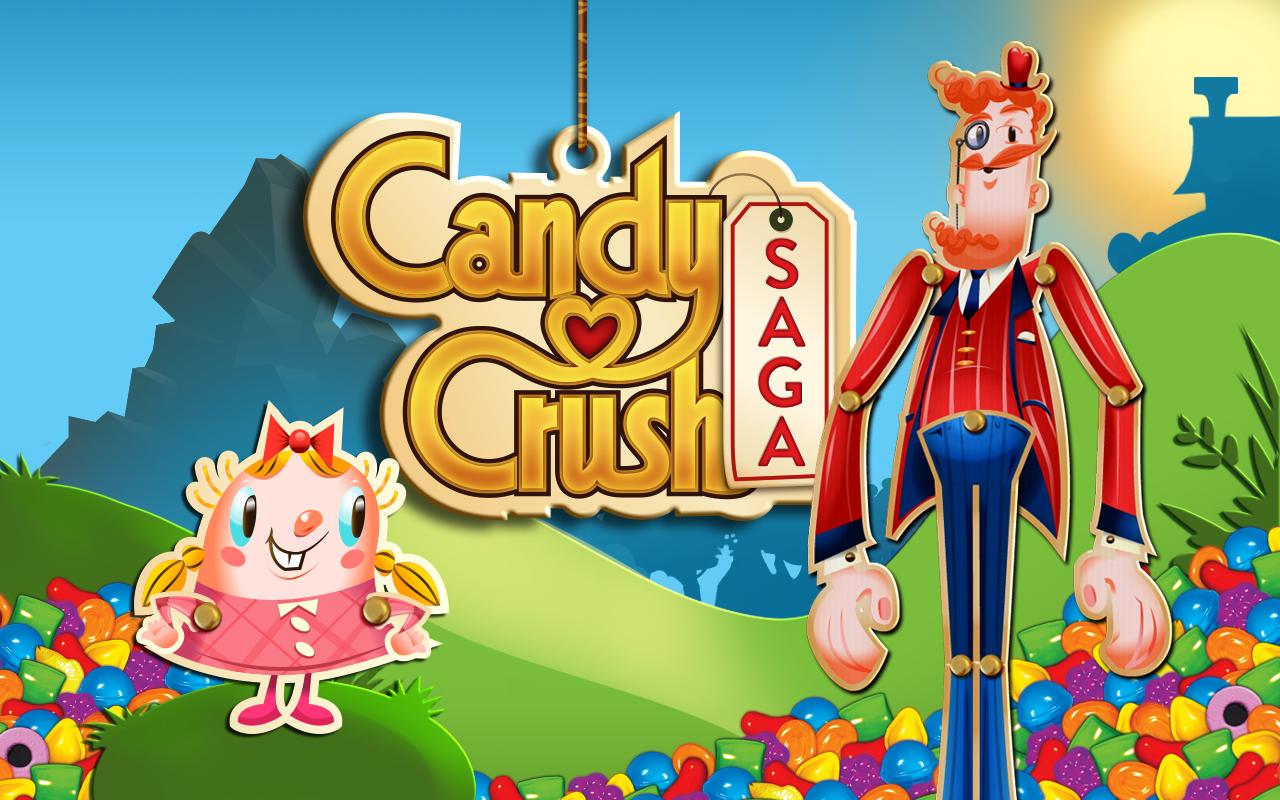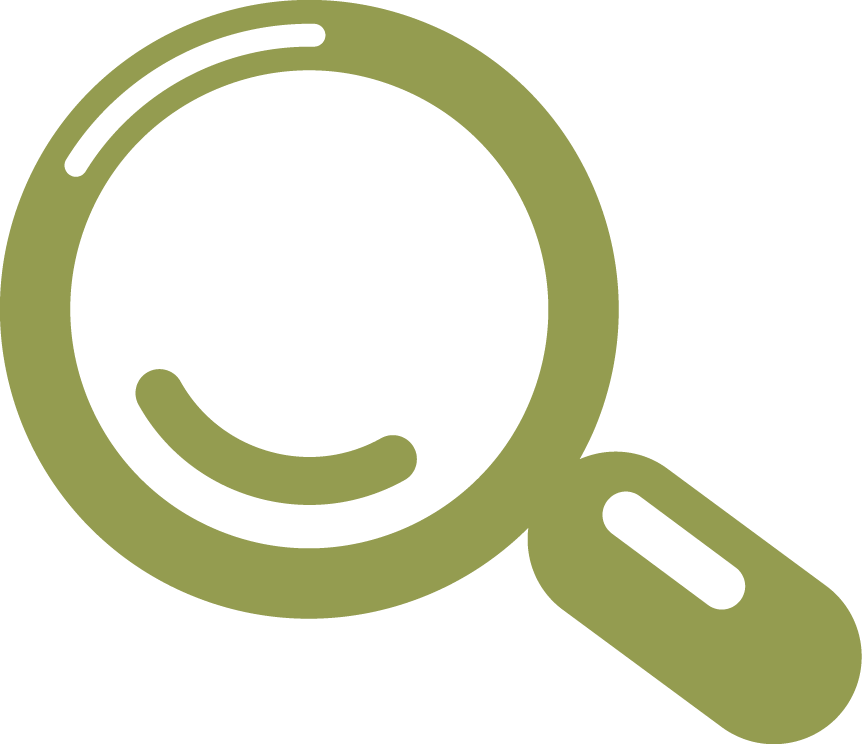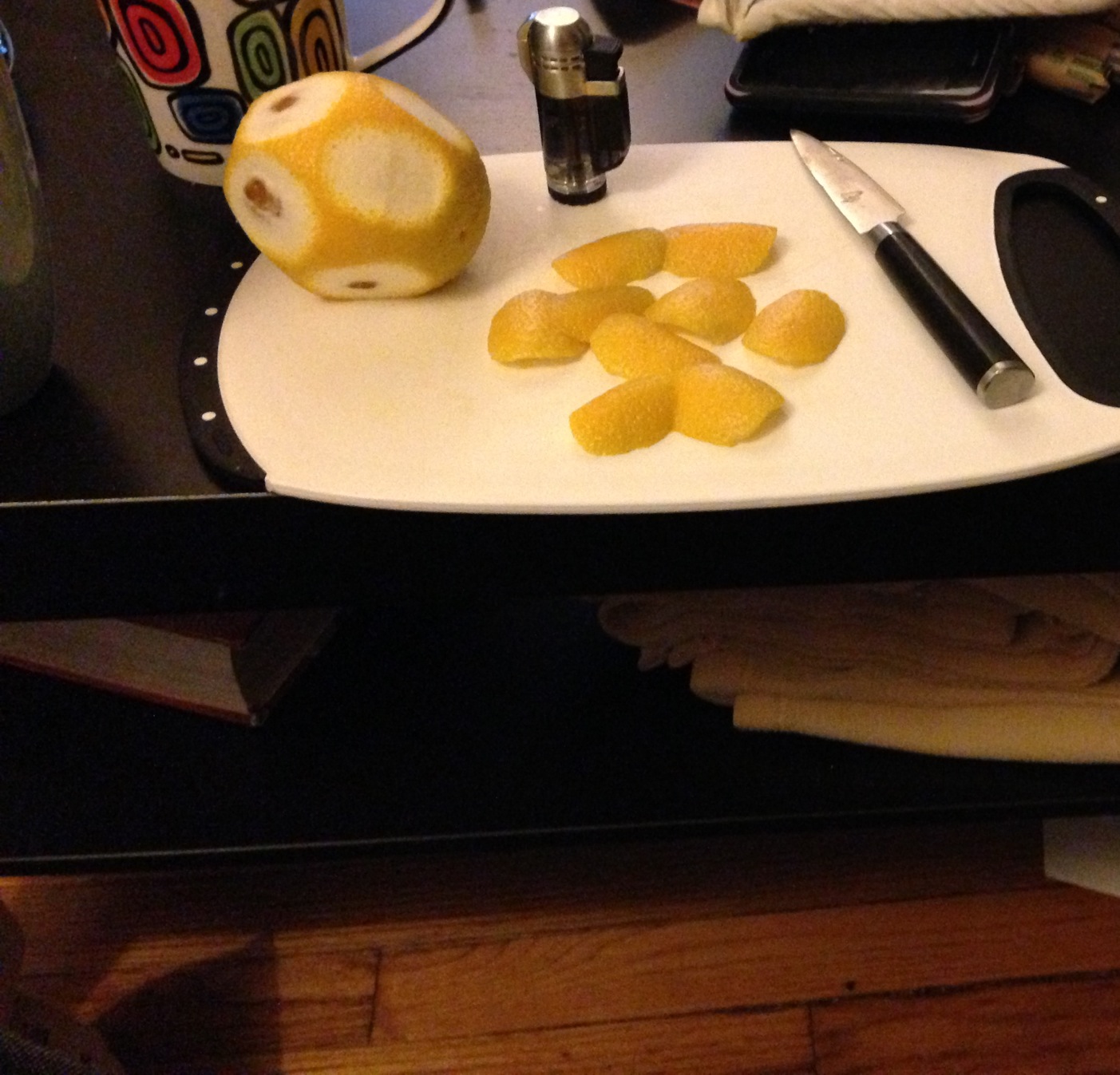When anything remotely photo worthy happens at the Octane bar, one of the bartenders will usually start saying something along the lines of "InstaVine that! Better catch it now!" You haven't missed out on a new social media outlet. We just like to treat them as a unified whole. It's easier that way. My relationship with Twitter is specifically pretty good. I love the creativity the 140 character limit inspires. It's an extremely easy way to share content with a lot of people and to gauge their future responses to different subjects. It can also turn into a mob of disgruntled, faceless bullies in a heartbeat. Personally, I've given into making my Twitter account my own rather than trying to turn myself into a branded wonder. It's just not who I am.
In the writing world, I follow a lot of amazing writers. If not for @writeousbabe and the @seejanewritemag Blog Like Crazy challenge last year, I wouldn't have a blog. Javacia, the beauty and brains behind it, has been immeasurably helpful in providing advice (directly and indirectly) that has made my freelancing what it is. I also owe @bhamboxset for getting started both freelancing and blogging -- Carla Jean has been my mentor and friend and occasional tech support since 2011. Listing all of the writers and bloggers I admire and follow would take days, so I'll keep my list abbreviated.
To keep myself informed and entertained, I follow @mental_floss. Full disclosure: I write a column for their website, but their lists and informational stuff is too awesome not to share. For all things girl nerdy, I follow @ThreeChicGeeks and @BakerStBabes and a ridiculous number of others. My nerd is strong.
Otherwise, I follow friends, people I admire, magazines and websites I want to write for and many others. Oh, and @fernetbranca. If you're not familiar with their deliciously herbaceous and bitter spirit, remedy that. After all, it had a medical dispensation during Prohibition, so it's medicine, and medicine's good for you, right? Let's go with that.
Today's topic was to shout out to the people I follow on Twitter. There are a lot, so I chose seven.


















